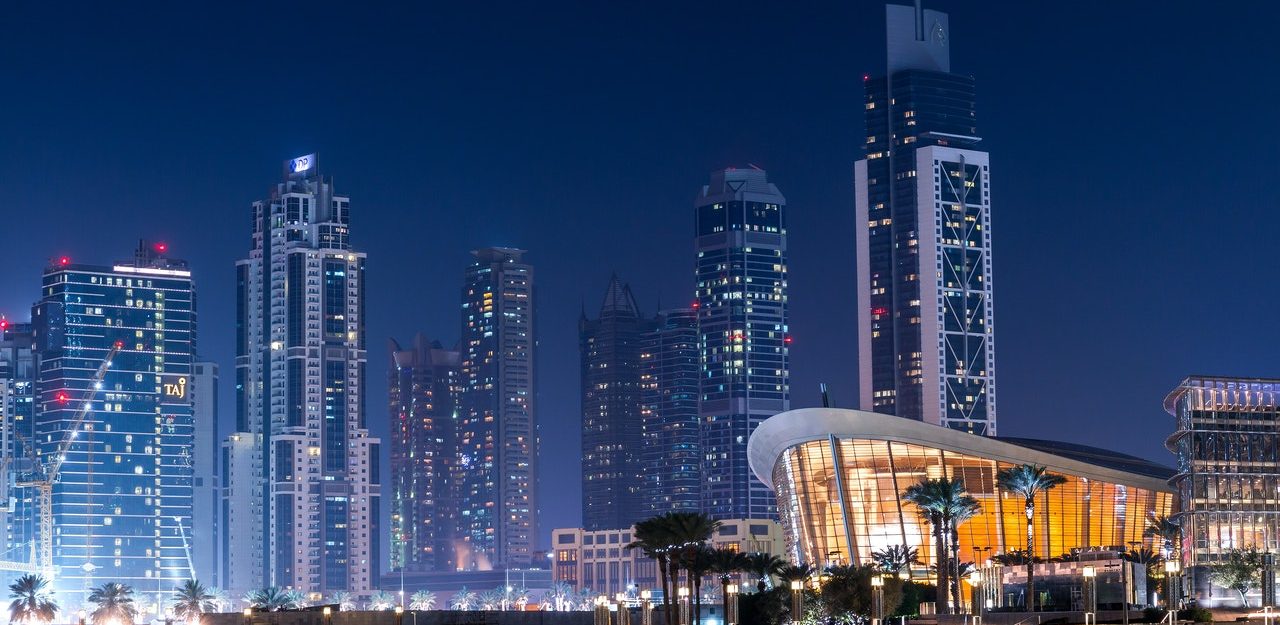

Written by Rami Cassis
24 Feb
The amount of family offices around the globe, as well as their total assets under management, are figures that remain largely opaque.
While surveys and studies are relatively numerous, the fact that family offices often operate under the media radar, often purposely shunning the publicity that high-profile, blue-chip investment firms attract, means that solid figures can be hard to come by.
Despite this, family offices certainly play a significant part in the development of the Middle East’s economy, especially in the Gulf Region. And even as the global economy continues to be rocked by the ongoing Covid-19 pandemic, geo-political tensions and fluctuating global financial markets, family offices look to become even more of a powerhouse in the investment arena.
Due to the increased privacy and control they allow; family offices are becoming common among Ultra High Net Worth (UHNW) individuals, largely as a reflection that many investors want a much greater say in what happens with their money.
By setting up a family office, UHNW investors can have their fortunes managed by a trusted group of financial and legal professionals, who can potentially be briefed to follow specific social or environmental goals as investors look to boost their legacy as well as their bottom line.
A family office structure can also facilitate a smooth transition of private wealth between the generations. Passing vast amounts of wealth from one family member to another can create conflicts, but this can be mitigated by having a team to overcome challenges such as tax, legal difficulties, and family pressures.
According to a study by Intertrust, family offices are the fastest-growing wealth structuring vehicle among Middle Eastern wealthy families, largely because of an increasingly global mindset being adopted by such families. We are also seeing a significant rise in the amount of family offices internationally, with Bloomberg anticipating that the number of UHNW families globally predicted to reach 263,500 by 2025.
A recent, and significant, development on the global cooperation of family offices is likely to ensure they become even more firmly established as a global force.
The French Family Office Association (AFFO) and the Associazione Italiana Family Officer (AIFO) have recently launched the International Federation of Family Offices (IFFO). This group is cited as an international alliance with the aim of bringing together national family office associations from every country, to contribute to the international development of family office activities.
The IFFO aims to unite professional associations to provide a framework to promote exchanges, best practice and sharing of insights and opportunities, and to understand how the Family Office profession is carried out in each country.
The IFFO also aims to encourage and allow a country’s family offices to come together to create a national association if one does not exist.
A study by Deloitte shows that the appetite to invest is strong among family offices over the next 12-18 months. Opportunities in distressed and digital businesses are among the most coveted prizes, alongside opportunities that offer greater diversification to the group. The UAE reflects the highest level of buying intent with 93 percent of UAE respondents planning to make new investments within this timeframe, followed by Saudi Arabia at 73 percent.
From a private wealth perspective, most family offices surveyed by Deloitte agreed on the top three risks were further waves of Covid-19 across the world, intensifying geo-political tensions, and further liquidity and credit pressures. However, it is worth noting that according to the survey, the overall outlook from family offices is largely one of optimism, with 15 percent of respondents reporting they have already returned to pre-pandemic levels of business activity, with another 60 percent expecting a return to pre-crisis or near-normal levels of operations within 18 months. Of the respondents, 67 percent plan to invest within this period, in many respects within new industries and across the value chain.
From this brief analysis of available evidence, it seems highly likely that the family office will continue growing rapidly in importance in the Middle East as a mainstream investment vehicle and an overall main contributor to the Middle Eastern – and international – economy.
It will therefore be time very well invested for financial firms to do their research, learn how to find and how to properly engage with these family offices as we head further into 2021 and beyond.